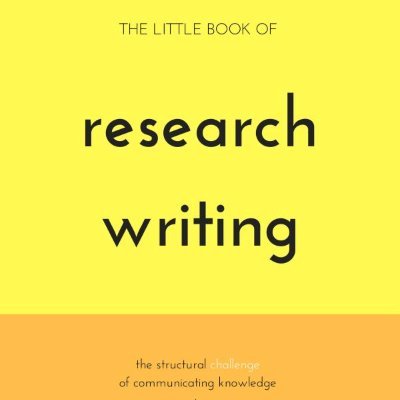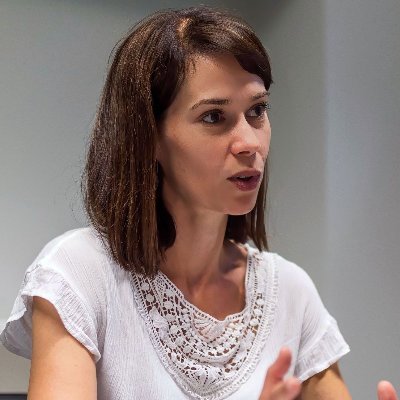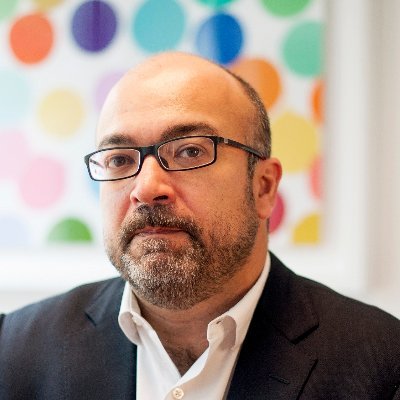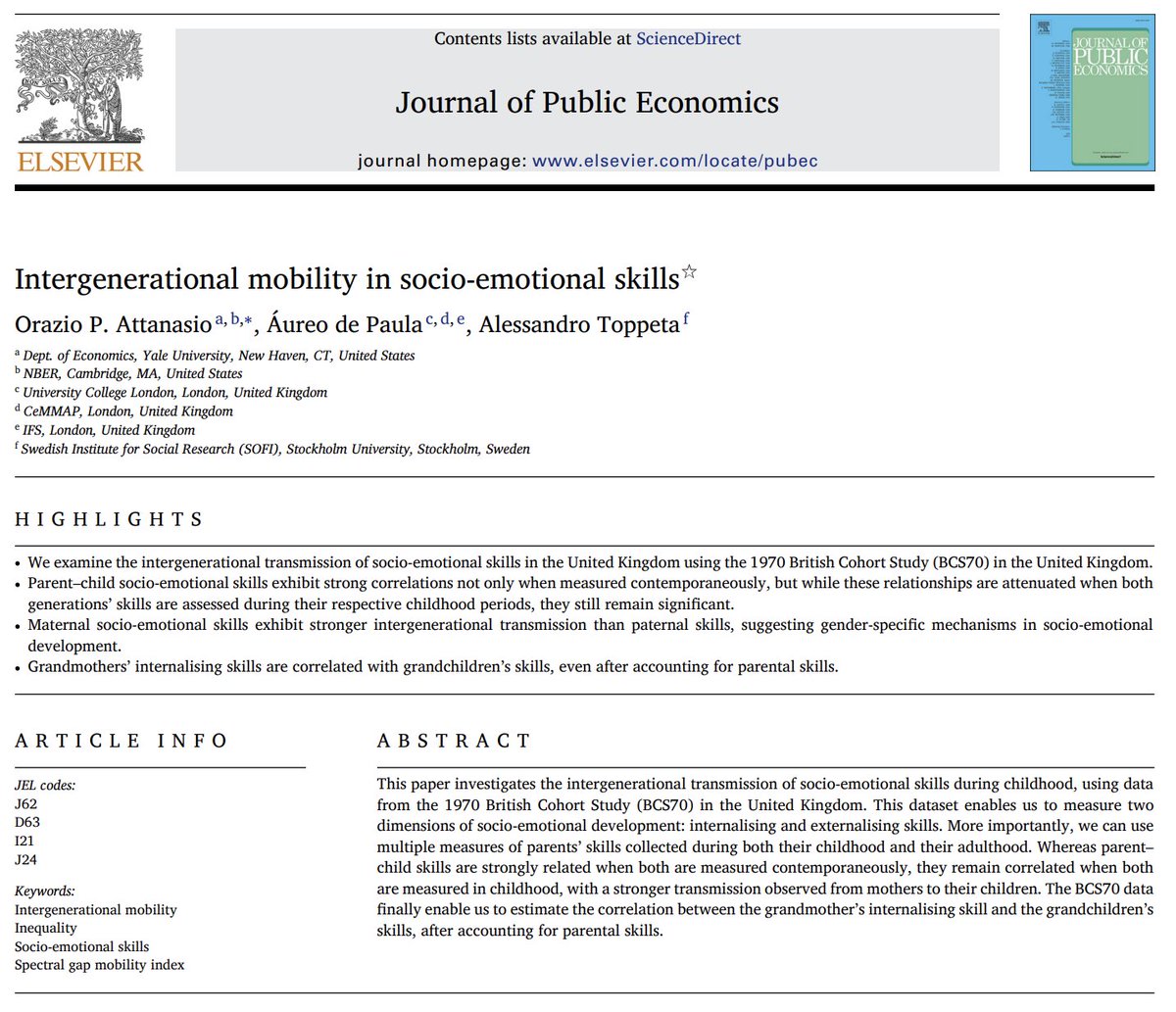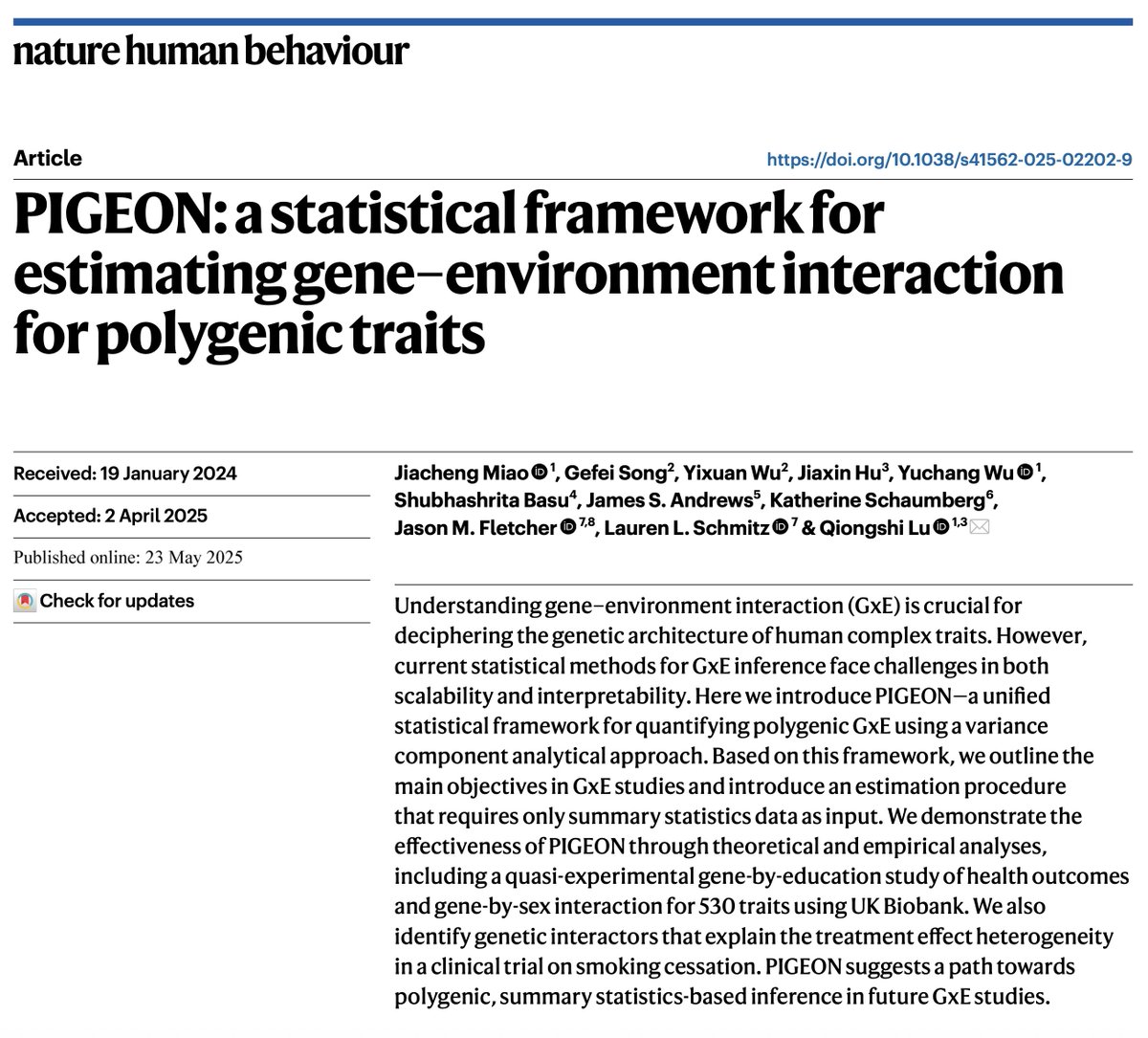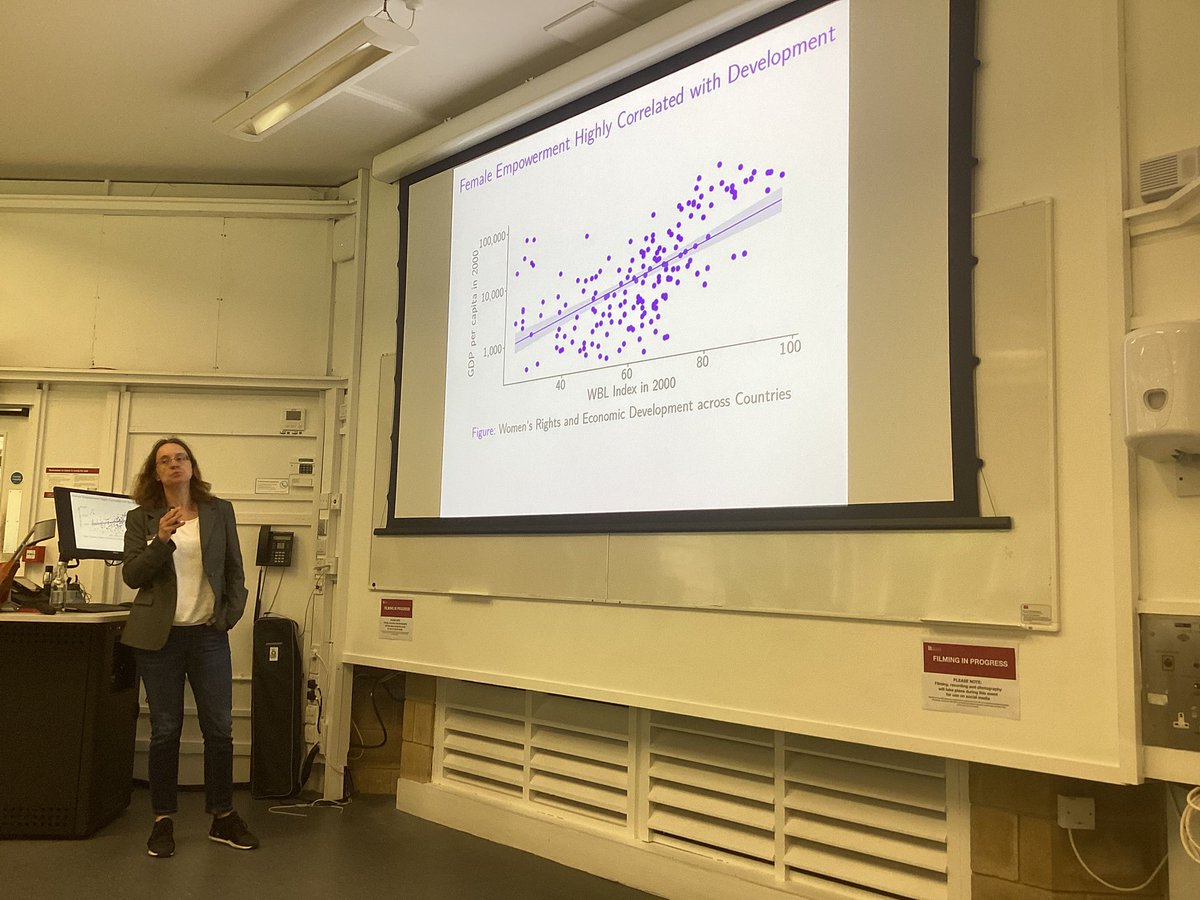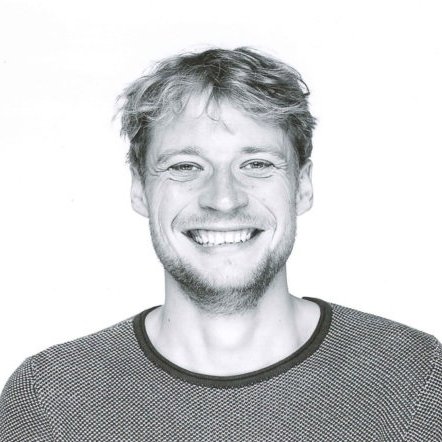
Paul Hufe
@PaulHufe
Followers
2K
Following
2K
Media
32
Statuses
585
social scientist (economist). interests: equality of opportunity, skill development, and education. Find me @paulhufe.bsky.social
Bristol
Joined January 2019
It is an honor and privilege to receive this fellowship. Special thanks to my collaborators @Weishaar_Daniel and @ingvildalm! I look forward to what is to come :)
Congratulations to @PaulHufe , Senior Lecturer at The University of Bristol (@BristolUni), who has been honored with a UK Research and Innovation (@UKRI_News) Future Leadership Fellowship (FLF). Read the full story here ▶️ https://t.co/9pMmFVN3fh
10
2
104
Hello publishing people, I have sold 10k copies of the Little Book of Research Writing on my own and am looking for an agent to take it to the next level. Please do reach out if interested, link below.
1
4
13
One-year visiting position for advanced female postdocs in Dresden. I am happy to host anyone broadly interested in applied micro. Salary within the German public sector's pay scale (TV-L, E13-E15). Deadline: Sept 15, 2025. Please share widely! 👇
0
9
26
📣 This is a (very) short thread on a recent paper with the great @orazio_at and Alessandro Toppeta on “Intergenerational Mobility in Socio-Emotional Skills” (forthcoming at @JPubEcon )! @EconUCL @UCLPolicyLab @YaleEconomics @SOFI_su_se @CLScohorts 1/7
1
33
147
For the last in our 'Meet our academics' 2024/25 series, we spoke to Dr Eleonora Guarnieri, Senior Lecturer in Economics. She talked about her career so far, including research in political economy, development, cultural economics & gender economics 💡 👉 https://t.co/Hm1mt8pyVX
0
4
25
@Jiacheng_Miao's PIGEON paper on GxE methodology is now published @NatureHumBehav with a new title. In our view, this paper can reshape the study design for future complex trait GxE work. Paper📰 https://t.co/UjPbAmhrp8 Software🧑💻 https://t.co/564QCMFIEV
1
18
56
The Bristol Applied Economics Meeting was great! Perfect combo of very interesting talks + long list of useful comments for my project. Thanks for having me 😊
@NHHEcon @LeiteMariante @SpazianiSara shows that gender quotas in Italian governments boosted female representation, and over time, strongly increased access to anti-violence services. Political representation can help to reduce gender-based violence.
0
1
11
Thanks for inviting me to Bristol. It was a fun conference on gender, diversity, and human capital.
@NHHEcon @LeiteMariante @SpazianiSara @ValderFranziska Our keynote speaker @TertiltMichele provides a fascinating overview of the economics of women’s rights. Her findings illustrate the importance of economic forces for rights expansions, but also how the impact of these forces varies with culture.
0
2
9
@NHHEcon @LeiteMariante @SpazianiSara @ValderFranziska @TertiltMichele @SoFi @erika_povea @UofEBusiness @FarahzadiShadi @binhuang_kl @CaterinaPavese1 @SofiaSierraV @Oleksan57829654 @giuferrero0 Last but not least Dario Sansone (@UofEBusiness) studying the sources of taste discrimination using list experiments. In Chile, many say they're comfortable with gay colleagues—but list experiments reveal far more discomfort suggesting social pressure masks discrimination.
0
2
3
@NHHEcon @LeiteMariante @SpazianiSara @ValderFranziska @TertiltMichele @SoFi @erika_povea @UofEBusiness @FarahzadiShadi @binhuang_kl @CaterinaPavese1 @SofiaSierraV @Oleksan57829654 @giuferrero0 shows the sex preferences of parents in a war setting. Her results suggest that families exposed to ethnic conflict had more children if they only had daughters. The war amplified sex-selective fertility and abortions, revealing how violence shapes family choices.
1
2
6
@NHHEcon @LeiteMariante @SpazianiSara @ValderFranziska @TertiltMichele @SoFi @erika_povea @UofEBusiness @FarahzadiShadi @binhuang_kl @CaterinaPavese1 @SofiaSierraV @Oleksan57829654 shows that media role models matter, even in childhood. In early-2000s Ukraine, girls with more exposure to female-led animated series later pursued more education and STEM—and both boys and girls held fewer gender stereotypes.
1
2
4
@NHHEcon @LeiteMariante @SpazianiSara @ValderFranziska @TertiltMichele @SoFi @erika_povea @UofEBusiness @FarahzadiShadi @binhuang_kl @CaterinaPavese1 Do classmates with disabilities affect learning outcomes? @SofiaSierraV studies this question in Chile. Students in inclusive classrooms show slightly lower test scores but the impact varies by disability type and is eased when teachers stay with the same class over time.
1
2
3
@NHHEcon @LeiteMariante @SpazianiSara @ValderFranziska @TertiltMichele @SoFi @erika_povea @UofEBusiness @FarahzadiShadi @binhuang_kl We kick off the last day of BÆM 2025 with @CaterinaPavese1. She uses data from the Netherlands to show that early integration boosts cultural assimilation but can hurt education—especially for disadvantaged children.
1
2
4
Fantastic workshop! Thank you for including my paper!
@NHHEcon @LeiteMariante @SpazianiSara @ValderFranziska @TertiltMichele @SoFi @erika_povea @UofEBusiness @FarahzadiShadi shows that after 9/11, intermarriage rates for American Muslims dropped sharply—driven more by changing preferences among non-Muslim Americans than Muslims themselves.
0
1
16
@NHHEcon @LeiteMariante @SpazianiSara @ValderFranziska @TertiltMichele @SoFi @erika_povea @UofEBusiness @FarahzadiShadi The day concludes with @binhuang_kl. He shows that in Mao-era China, forced integration reduced trust and growth. But decades later, the same villages built stronger, more productive ties. Institutions turned diversity from a burden to an asset.
1
2
5
@NHHEcon @LeiteMariante @SpazianiSara @ValderFranziska @TertiltMichele @SoFi @erika_povea @UofEBusiness @FarahzadiShadi shows that after 9/11, intermarriage rates for American Muslims dropped sharply—driven more by changing preferences among non-Muslim Americans than Muslims themselves.
1
2
7
@NHHEcon @LeiteMariante @SpazianiSara @ValderFranziska @TertiltMichele @SoFi @erika_povea We continue with Ellen Greaves (@UofEBusiness). She shows that better schools don't always boost nearby home prices. Her work shows the "school premium" only appears when the alternative is a clearly worse school.
1
2
3
@NHHEcon @LeiteMariante @SpazianiSara @ValderFranziska @TertiltMichele @SoFi @erika_povea studies the impact of violent crime on education. As organized crime surges in Ecuador, school dropout rates rise. Children aged 11–14 are most affected, not due to fewer resources, but to fear and instability.
1
5
12
@NHHEcon @LeiteMariante @SpazianiSara @ValderFranziska @TertiltMichele Alessandro Toppeta (@sofi.su.se) shows that more school isn't always better: in Sweden, teens randomly tested after holidays show stronger non-cognitive skills, especially those from wealthier families. More breaks may boost development, but they risk widening inequality.
1
1
4
@NHHEcon @LeiteMariante @SpazianiSara @ValderFranziska Our keynote speaker @TertiltMichele provides a fascinating overview of the economics of women’s rights. Her findings illustrate the importance of economic forces for rights expansions, but also how the impact of these forces varies with culture.
1
3
6
@NHHEcon @LeiteMariante @SpazianiSara @ValderFranziska asks what drives gender differences in health. Her evidence from Denmark points to an important role of providers: women are less likely to be prescribed lifesaving drugs, but can improve their outcomes when they change doctors.
1
2
3


